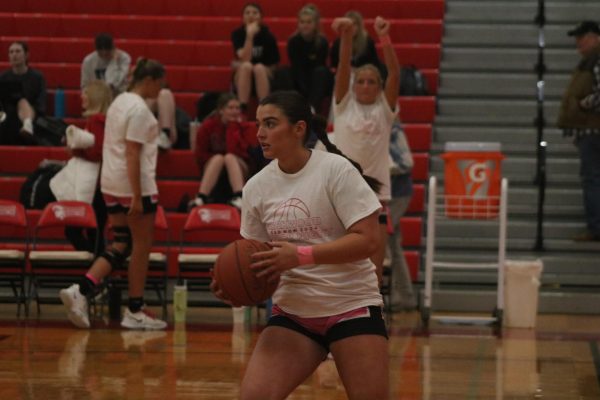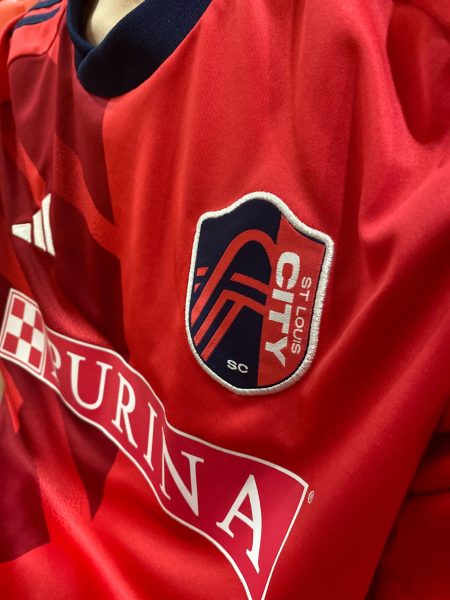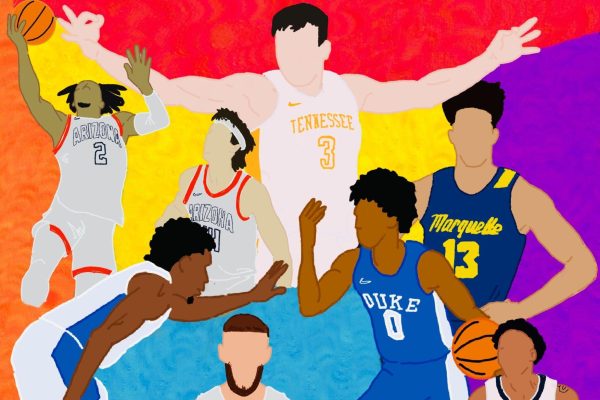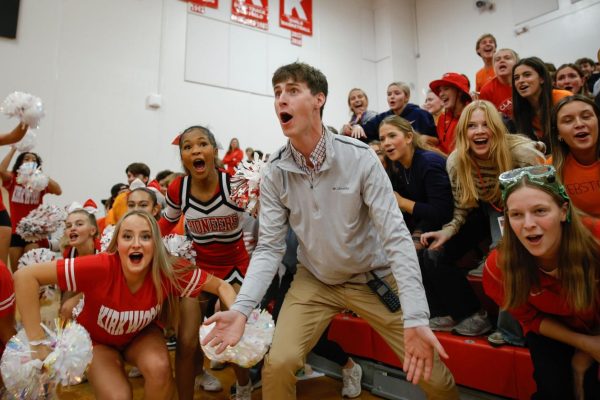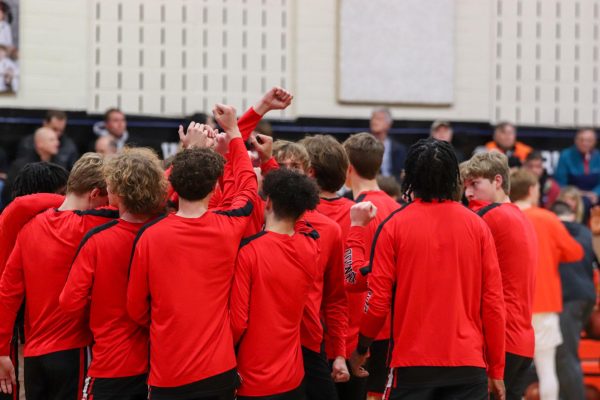Sadly, cheating is nothing new to high school sports
Reese’s Pieces
Mark McGuire cheated.
Lance Armstrong cheated.
Shawne Merriman cheated.
Marion Jones cheated.
Whether I liked them or not, these athletes broke the rules, and they paid the price. What they all have in common, besides bigger egos than Kanye West, is they bamboozled their friends, family, teammates and supporters by using performance enhancers. But what if those rules had not prohibited the growth hormones they used? Say there hadn’t been specific guidelines barring athletes from using these performance enhancers.
Suddenly, they’re heroes, saviors, benefactors. Suddenly, we forget why we wouldn’t want them in the Hall of Fame. This is not the case, however.
This past fall, a KHS student utilized Adderall, a prescription drug normally used for the treatment of Narcolepsy and Attention Deficit Hyperactivity Disorder (ADHD), before an athletic competition in order to improve his performance. He was not caught, went on to compete and, according to him, the drug helped significantly. Whether he’s a “good kid” or not, whether he’s a straight-A student or not, whether he’s your friend or not, he cheated.
Adderall, a combination of amphetamines, is meant to stimulate the Central Nervous System to give the athlete more energy for an extended period of time. The student said he popped two slow-release pills half an hour before the competition, crushing up a third to snort 15 minutes prior to competition for a faster high.
“It makes you feel much more awake, aware and focused,” he said. “It feels like a constant adrenaline rush when you take a lot of it. I thought it was awesome the first time I took it, but it made me feel really sick after it wore off.”
The student bought the drug from a classmate with a prescription. Not that I’m some do-good-rulebook-reading reporter, but multiple laws were broken here. The Missouri High School Athletic Administration (MSHAA) bylaws state school personnel and coaches should never supply, recommend or permit the use of any drug, medication or food supplement solely for performance-enhancing purposes, which means if players are caught, coaches are also at fault, even if unaware.
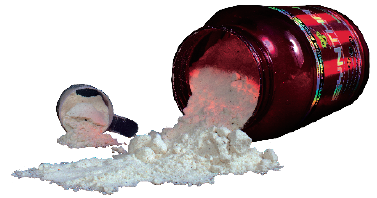
This means the burden rests not only on the player, but on those surrounding him as well. The fact this athlete went out of his way to purchase and take the performance booster shows not only a lack of reverence for guidelines of competition, but an ignorance of unwritten rules. You don’t walk in a golfer’s putting line or talk during their backswing. You don’t steal signs or signals from an opposing team. You don’t bunt to break up a no-no, and you don’t put chemicals in your body provide a competitive edge.
Why has winning become paramount to being a role model, being honest, being human? Was it too many Tonya Hardings or Roger Clemens? Too many Pete Roses and Bill Belichicks? Or maybe it wasn’t enough Larry Fitzgeralds or Coach K’s. Whatever it was, this needs to stop.
Consider this a call to action; I’m tired of finding out my childhood idols are frauds. I’m tired of seeing promising athletes and leaders kiss their careers goodbye because they want to win more than they want to work. When the reward for cheating becomes greater than the punishment, the enterprise of sport will lose one loyal customer.
Your donation will support the student journalists of Kirkwood High School. Your contribution will allow us to purchase equipment and cover our annual website hosting costs.

Grade: 12
Twitter handle: @Reese__mo
If you could be another Call staffer, who would you be?: Sam because he is the fairest, most kind and genuine,...

Grade: 12
Twitter handle: @Trevor__Currie
If you could be another Call staffer, who would you be?: Jasper Kipp
Interests: photography and hiking




